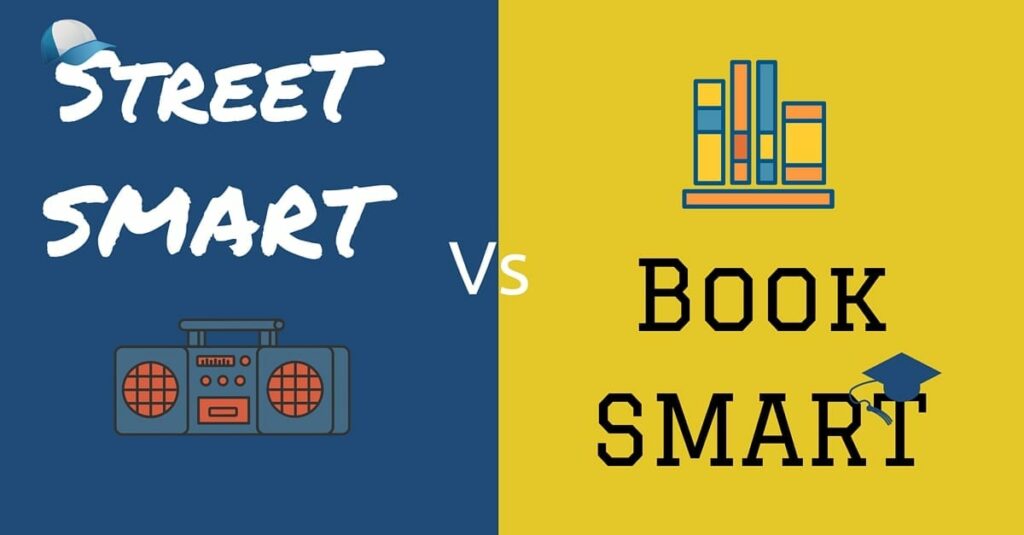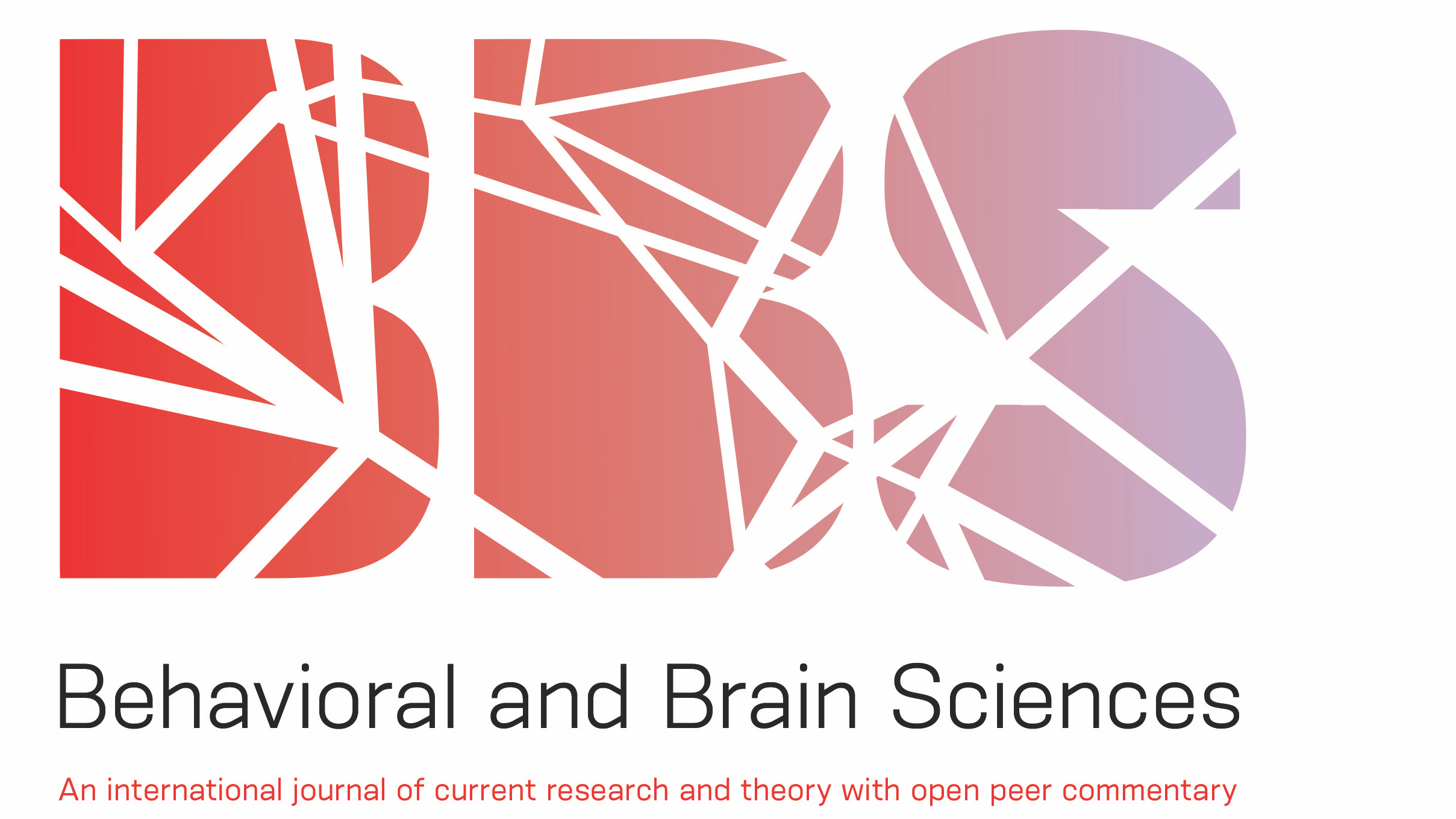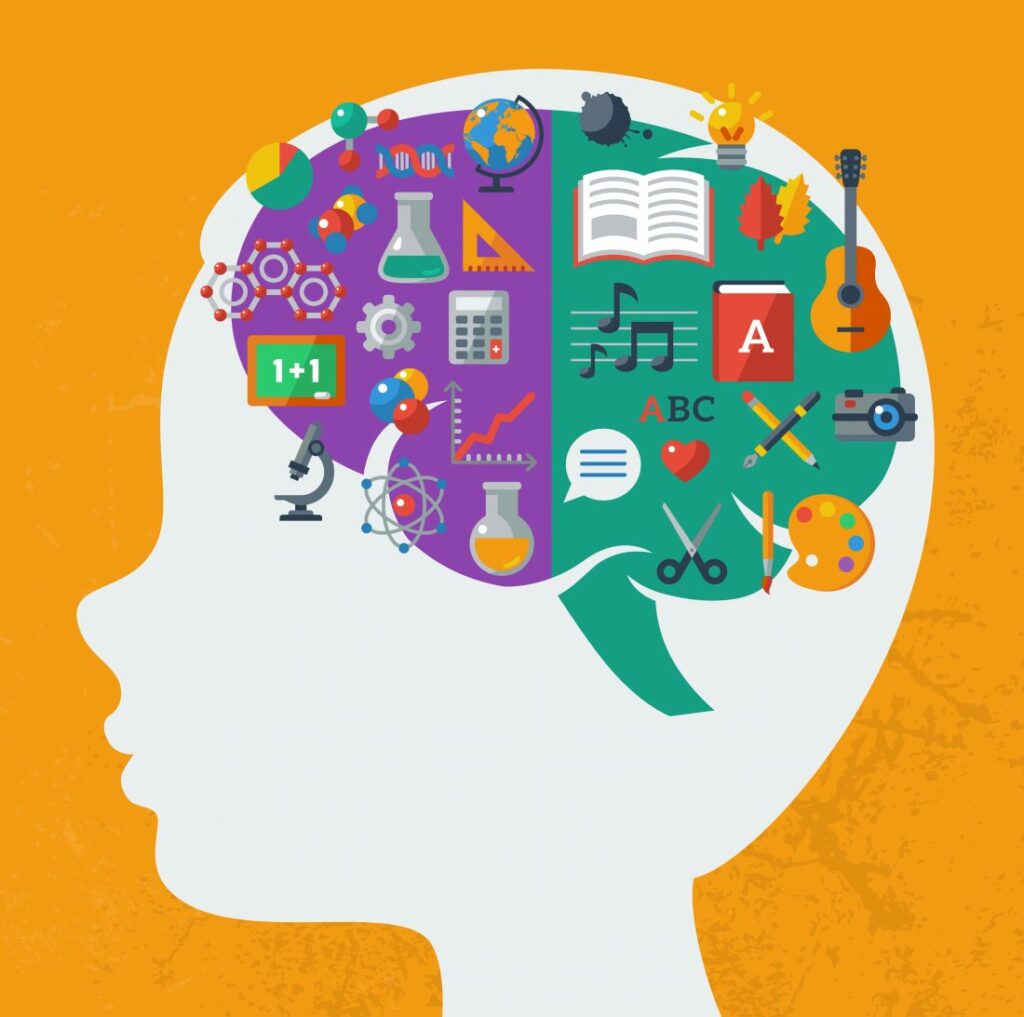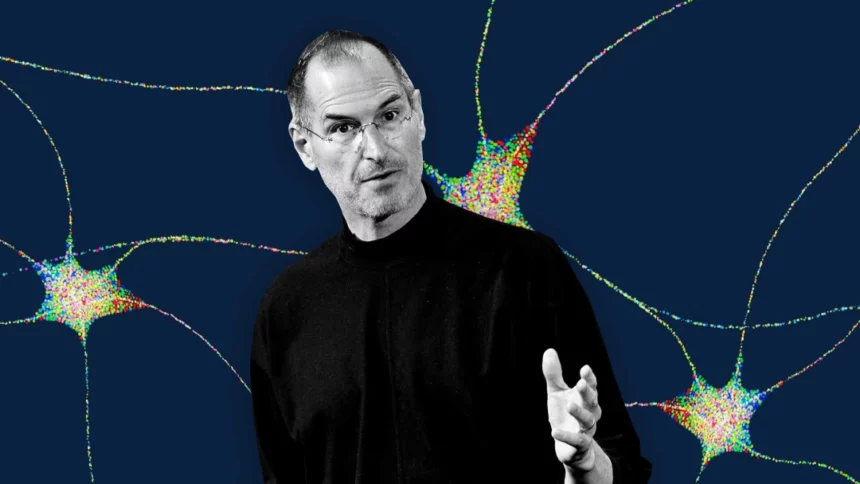In the pursuit of success, the role of luck cannot be overlooked, as research suggests that extraordinary success often involves a certain degree of serendipity. However, capitalizing on fortuitous moments requires a proactive approach. Despite encounters with a smirking fortune, seizing opportunities remains crucial.

When pondering the predominant factors contributing to success, familiar attributes such as talent, effort, skill, and risk tolerance often take centre stage. Among these, intelligence stands out, and not just any intelligence – a nuanced understanding of intelligence that transcends mere accumulation of knowledge.
Crystallized intelligence, characterized by amassed knowledge, facts, and figures, represents just one facet of intellectual prowess. Merely being “book smart” does not necessarily equate to practical intelligence. The ability to apply knowledge effectively is where fluid intelligence comes into play – the capacity to learn, retain, and use new information to solve problems, acquire new skills, and adapt existing memories with newfound knowledge.
Steve Jobs, a visionary entrepreneur, emphasized the importance of diverse experiences in fostering innovative thinking. He noted, “What you have to do is get different experiences. To make innovative connections, to connect two experiences, you have to not have the same bag of experiences as everyone else… or you’ll make the same connections.”

The richness of experiences, according to Jobs, correlates with the ability to form unique connections and think differently. Focusing solely on conventional education may limit these experiences, as it often results in individuals sharing the same set of experiences.
While education undoubtedly contributes to the accumulation of knowledge, enhancing fluid intelligence proves more challenging. Traditional brain-training activities, such as puzzles and games, may temporarily boost cortical thickness and activity, but sustained improvements in fluid intelligence are elusive.
A 2007 study published in Behavioral and Brain Sciences investigated the impact of brain training games on fluid intelligence. Participants engaged in Tetris for several weeks, witnessing an initial increase in cortical thickness and activity. However, these gains proved transient, with cortical levels reverting to pre-Tetris states. The brain, having efficiently adapted to Tetris, no longer required the increased neural connections.

The analogy extends to business pursuits. Mastering specific skills, such as navigating a CRM system or crafting bids, enhances fluid intelligence until proficiency is achieved. However, once a skill is mastered, the brain operates more efficiently, and the acquired fluid intelligence diminishes.
The solution lies in continual learning and diversification. After mastering one skill, venture into uncharted territory. By constantly acquiring new information and skills, individuals not only augment crystallized knowledge but also keep their brains agile and poised to form new connections. This approach offers a dual benefit – a steady influx of knowledge and the preservation of mental acuity.
Moreover, possessing a wealth of crystallized knowledge facilitates associative learning, where new information is related to existing knowledge. This process, backed by familiarity and broader context, accelerates learning and retention.
In essence, the recipe for success involves a perpetual cycle of learning. Acquire a skill, prime your neural muscles, incorporate the knowledge, and then embark on mastering something new. This continuous pursuit of knowledge not only enhances entrepreneurial capabilities but also elevates both crystallized and fluid intelligence.

By embracing this approach, individuals redefine success on their terms, armed with a dynamic blend of experience, knowledge, and adaptability. Steve Jobs’ wisdom echoes through this strategy, offering a roadmap to success that transcends conventional boundaries.








